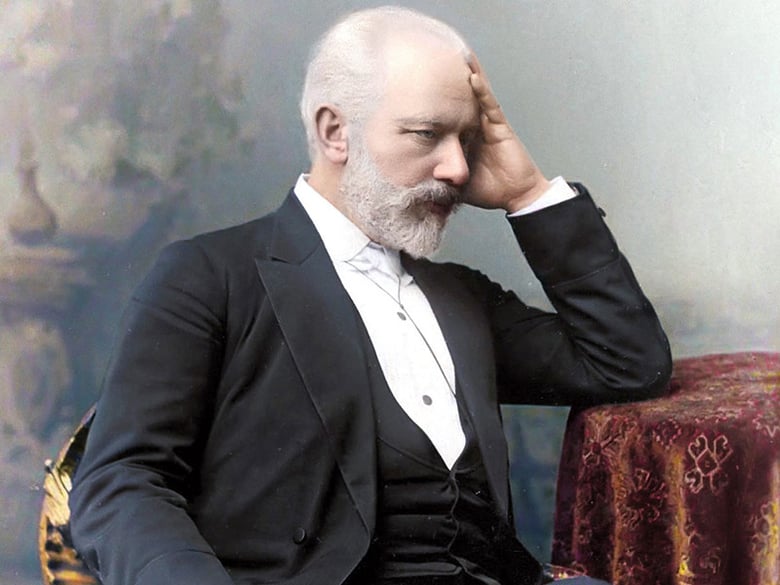Classical Music Playlist, November 21, 2024

When Tchaikovsky began composing his Piano Concerto No. 2 in 1879 he worked "deliberately and carefully, rather than with a feverish urgency which is always detrimental to my works." He eventually wrote that he was "very satisfied and proud of this concerto" and Tchaikovsky’s publisher Pyotr Jurgenson printed it in early 1881. The premieres in late 1881 (USA) and Russia (mid-1882) won favorable reviews, though some subsequently thought the Concerto too long and could be edited, among other more substantial suggestions, and Tchaikovsky agreed to minor cuts.
But in 1893 Jurgenson wanted to reprint the concerto and enlisted Tchaikovsky’s friend, pianist and composer Aleksandr Ziloti to prepare the score and in doing so made extensive edits to which Tchaikovsky objected sternly, telling Ziloti, "I absolutely cannot agree to your cuts," and that the proposed changes "left a bitter taste, and made my hair stand on end." In August 1893 Tchaikovsky advised the publisher Jurgenson, "[Ziloti] is overdoing it in his desire to make this concerto easy, and wants me literally to mutilate it for the sake of simplicity." But Tchaikovsky died three months later and Ziloti's changes were published in 1897. This became the standard edition performed for decades. Despite the composer and others preferring the Second Concerto, it never achieved the fame of his Piano Concerto No. 1. But gaining exposure and appreciation in recent decades, in 2009 British pianist Stephen Hough recorded Tchaikovsky's Piano Concerto No. 2 in the version free of the Ziloti edits, and it's today's Midday Masterpiece.